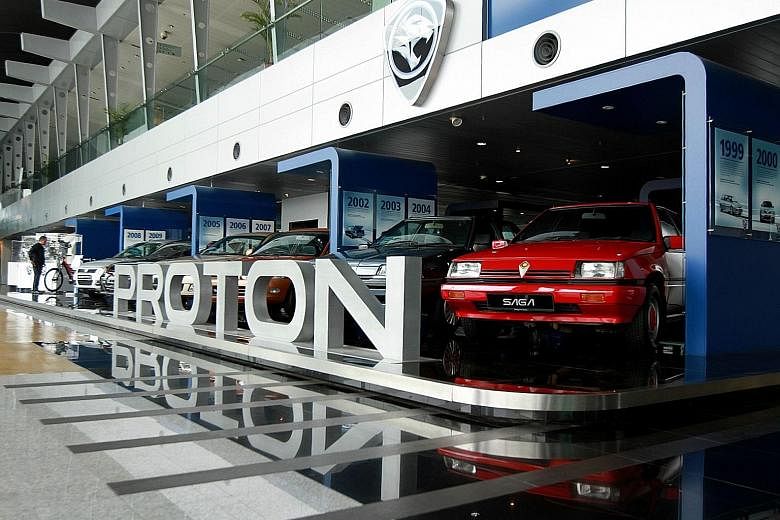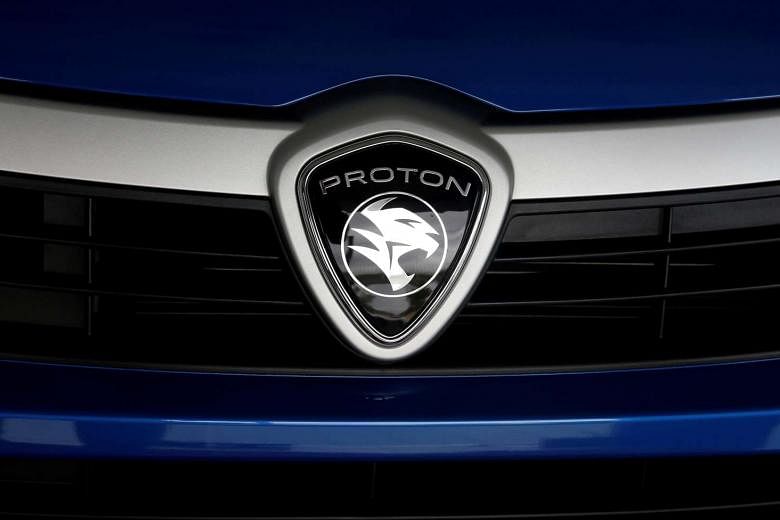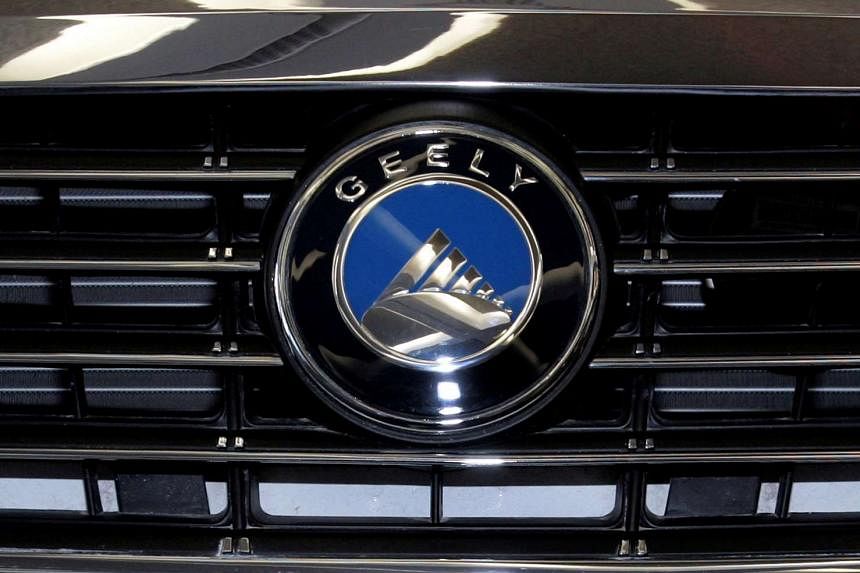Malaysian taxpayers have pumped more than U$3 billion (S$4.14 billion) over the last three decades into Proton to keep it afloat, and many hope that Chinese giant Zhejiang Geely's planned purchase of 49.9 per cent of the company will mean they no longer have to subsidise the national carmaker.
BLEEDING MONEY
"Proton is bleeding and it appears the government has to keep subsidising it," S. Rajaratnam School of International Studies' senior fellow Oh Ei Sun told The Sunday Times.
"With this sale, the hope is Proton will soon lose its protected status, and people can buy foreign cars without artificially inflated prices any more."
Proton dominated the domestic car market soon after it introduced its first model, the Saga, in 1985. This was thanks to government grants it received, while imported cars were slapped with sky-high tariffs.
By 1993, Proton sold three out of four cars in Malaysia. But as Malaysia progressively liberalised its auto industry under Asean trade rules, widespread views of Proton's inferior build quality caused sales to nosedive.
Last year, it sold just 72,000 units, which translated into a market share of 12.5 per cent - behind Perodua, which is partly owned by Toyota, and Honda.
Second Minister for International Trade and Industry Ong Ka Chuan said last Wednesday's deal was necessary, according to newspaper Kwong Wah Yit Poh. "If the bleeding does not stop or if Geely did not come in, Proton could not be sustained," he said.
MORE EFFICIENT AUTO MARKET
Analysts believe that the opportunity to rid the industry of protectionism will make Malaysia a competitive automotive hub, with local parts manufacturers set to benefit in the long run.
The sector currently lags behind its counterparts in Thailand and Indonesia. Maybank Kim Eng's regional auto analyst Ka Leong Lo said: "We view this development positively for Malaysia's auto sector, which could emerge as a secondary car export hub by riding on Geely's strong brand name and developed platforms to penetrate the Asean markets."
There are also hopes that Malaysians will benefit from the injection of Volvo technology into Proton's line-up, as the Swedish marque is owned by Zhejiang Geely. A Geely platform called Boyue SUV, produced by a former Volvo designer, is set to become Proton's first sports utility vehicle.
UNDER-UTILISED PLANTS
Should Proton's quality improve, increased sales volume will finally justify the company's severely under-utilised production plants - which can churn out 380,000 vehicles a year, or over five times the number of cars it sold last year. This should result in job creation rather than worries about job losses for its 10,000 workers.
Dr Oh said for Prime Minister Najib Razak, the deal demonstrates his will "to tackle previously untouchable items. It also enables a clean break with Tun Dr Mahathir Mohamad".
He was referring to the former premier who founded Proton and resisted calls for the carmaker to be divested or wound up.
Taxpayers seen footing bill for carmaker - again
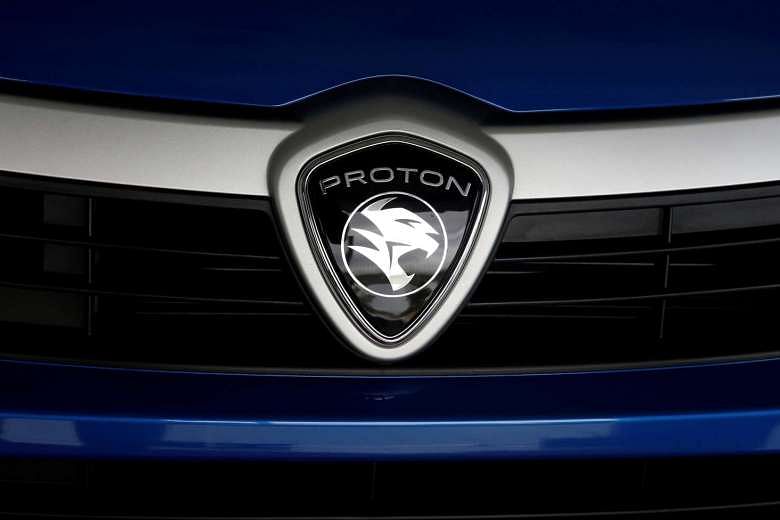
There are those who have said that the deal is not good for either Proton or Malaysia.
NATIONALIST ARGUMENT
Malaysian former prime minister Mahathir Mohamad has said that selling Proton is bad for the country, likening it to controversial land sales by the government which "forfeit our country; like we forfeit Proton". "I am sure Proton will do well... but I cannot be proud of the success of something that does not belong to me or my country," he wrote on Thursday. Tun Dr Mahathir has been critical of Prime Minister Najib Razak's efforts to woo investors from China, accusing him of selling the country's assets to reduce massive debts.
But this appeal to nationalism appears set to fall on deaf ears so long as Proton's operations remain strong.
"If the new ownership structure does not translate into loss of jobs, then it will have little impact on Mr Najib politically," Vriens & Partners' political risk and government relations consultant Adib Zalkapli told The Sunday Times.
POTENTIAL JOB LOSS
Proton has 10,000 workers, with the government expecting them to prosper as the new owner ramps up the use of the carmaker's underutilised 380,000-vehicles-a-year plants in Selangor and Perak. But there are another 50,000 workers employed by Proton's network of 350 parts suppliers. There is some expectation of job losses if Zhejiang Geely stopped buying from these local parts manufacturers that in the past have been accused of overpricing their products. The Chinese company might not need to depend on others much as it has 16 manufacturing plants, seven design studios and five research and development (R&D) centres.
BAD DEAL FOR TAXPAYERS?
Malaysian Second International Trade and Industry Minister Ong Ka Chuan admitted on Thursday that the real target for Zhejiang Geely was sportscar-maker Lotus, the jewel in Proton's battered crown.
The Chinese carmaker is buying a 51 per cent stake in Lotus which has been valued at £100 million (S$177 million), considered a bargain by some observers, to control technology owned by "the ultimate lightweight sports car company".
Zhejiang Geely is still discussing with DRB-Hicom about the final transaction price for Proton.
Investment analysts expect DRB-Hicom to cash out from Lotus and transfer RM540 million (S$175 million) in Proton assets into its own books.
Analysts expect Zhejiang Geely's 49.9 per cent stake to be valued at about RM770 million.
The company will pay RM170 million in cash, with the remainder to be settled by giving Proton a five-year licence to sell Geely Boyue sport utility vehicle under the Malaysian carmaker's name. The so-called rebadging is expected to be valued at RM600 million.
To help the deal along, the Malaysian government is handing RM1.1 billion to Proton, saying the taxpayers' money is "reimbursement" for R&D undertaken by Proton in past years.
"It comes as a complete shock that the government has continued financing Proton's R&D, on top of providing the company with billions in soft loans to keep it afloat. What's the point of 'privatising' Proton if the government continues to fund Proton's bleed?" asked opposition lawmaker Tony Pua.
Shannon Teoh
The man who dared to buy Proton a savvy dealmaker
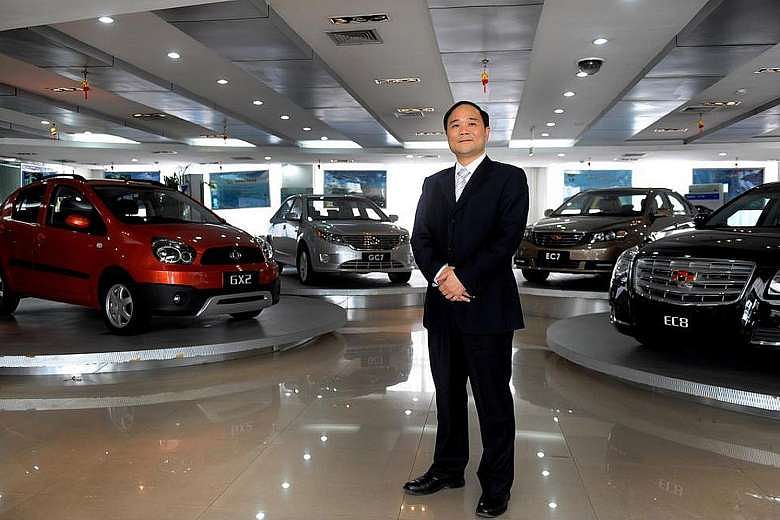
Mr Li Shufu is the man who dared to buy Malaysia's loss-making national carmaker Proton.
And with his track record of turning around ailing automakers, it is hoped that Mr Li, the Chinese founder of Geely Group, can work his magic on Proton and revive its fortunes.
Mr Li is the rare entrepreneur who has found success in car manufacturing, a sector usually dominated by state-owned enterprises and multinationals. He founded Geely in 1986 to build refrigerators and became a carmaker in 1997 when he wanted to produce a cheap car for the masses. Geely, China's biggest privately owned carmaker, sold 1.3 million cars in 2016.
Meanwhile, Mr Li is reportedly worth a staggering US$7 billion (S$9.7 billion).
No wonder he is sometimes referred to as the "Henry Ford of China". He cemented his reputation as a savvy dealmaker after he revived Sweden's Volvo Cars in the face of widespread industry scepticism, following its acquisition from Ford Motor Company in 2010.
Mr Li also owns the iconic London Taxi Company.
Last Wednesday, Mr Li's Zhejiang Geely announced it would buy 49.9 per cent of Proton and a 51 per cent stake in Lotus Cars, which Proton owns. The two parties are still in talks about the transaction price for the stake in Proton.
Analysts said his Proton buy gives him access to 600 million consumers in South-east Asia and the brand cachet of Lotus Cars. Lotus Cars could complete Mr Li's ambition to create a portfolio of international brands at different price points.
For Geely, Lotus would be a prestigious addition, "like Volkswagen has Porsche and Toyota has its Lexus," said Mr Tian Yongqiu, an independent auto consultant who tracks Chinese carmaker acquisitions.
Under Proton, the British marque lacked the scale or investment needed to make it into a global sports brand, something that could change as part of a broader Volvo-Geely group.
Still, there's a major difference between buying Volvo Cars and Proton, said Hong Kong-based consultancy Dunne Automotive president Michael Dunne. "With Volvo he inherited a talented corps of automotive executives and strong leaders. At Proton, Geely-Volvo will need to bring fresh energy and capabilities."
Mr Li will also need to wring cost savings and integrate Proton into his Geely-Volvo set-up. "No matter the odds, (it's) best to never ever bet against Li Shufu," said Mr Dunne. "He has that golden touch, bundles of charm and incomparable tenacity."
Said state-backed China Association of Automobile Manufacturers vice-chairman Dong Yang two weeks ago after touring Geely's facilities in Ningbo, China: "Geely has evolved from an ugly duckling to a white swan."
BLOOMBERG, THE STAR/ASIA NEWS NETWORK
